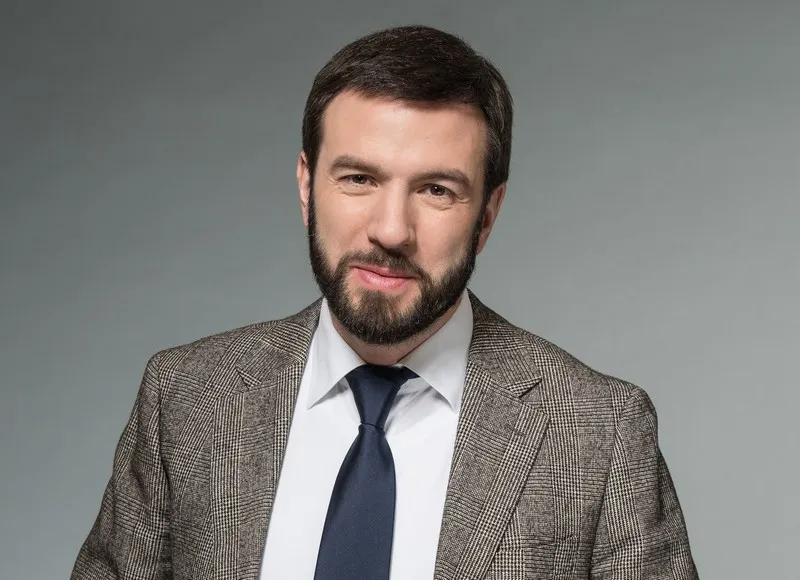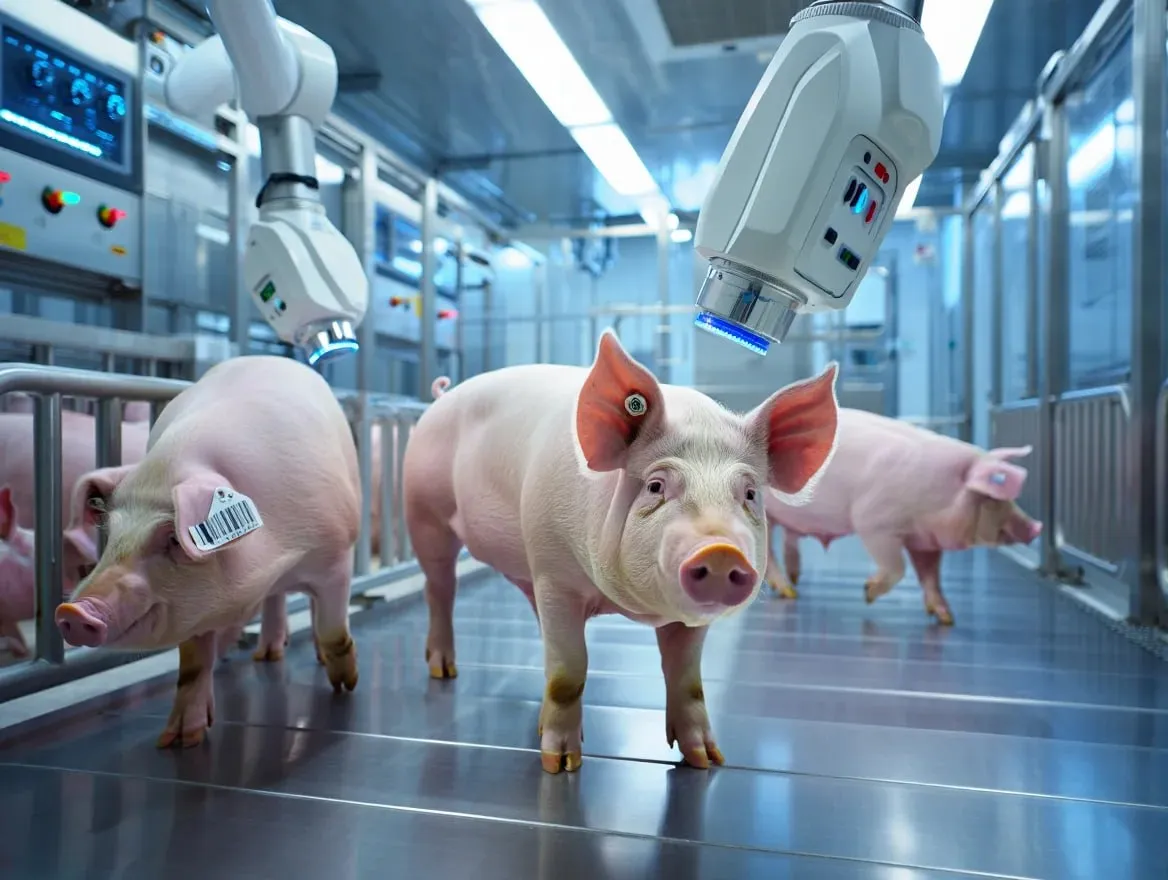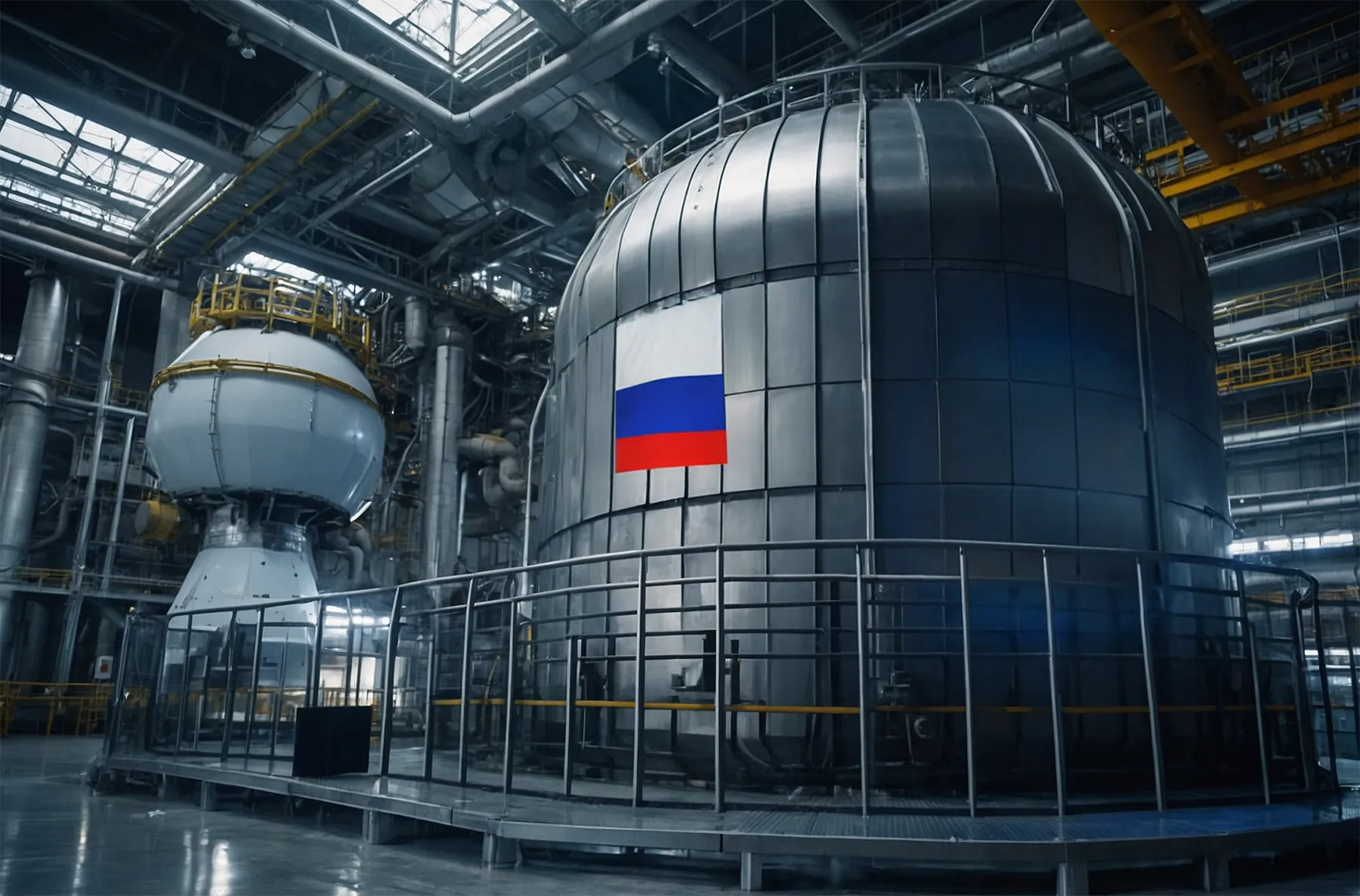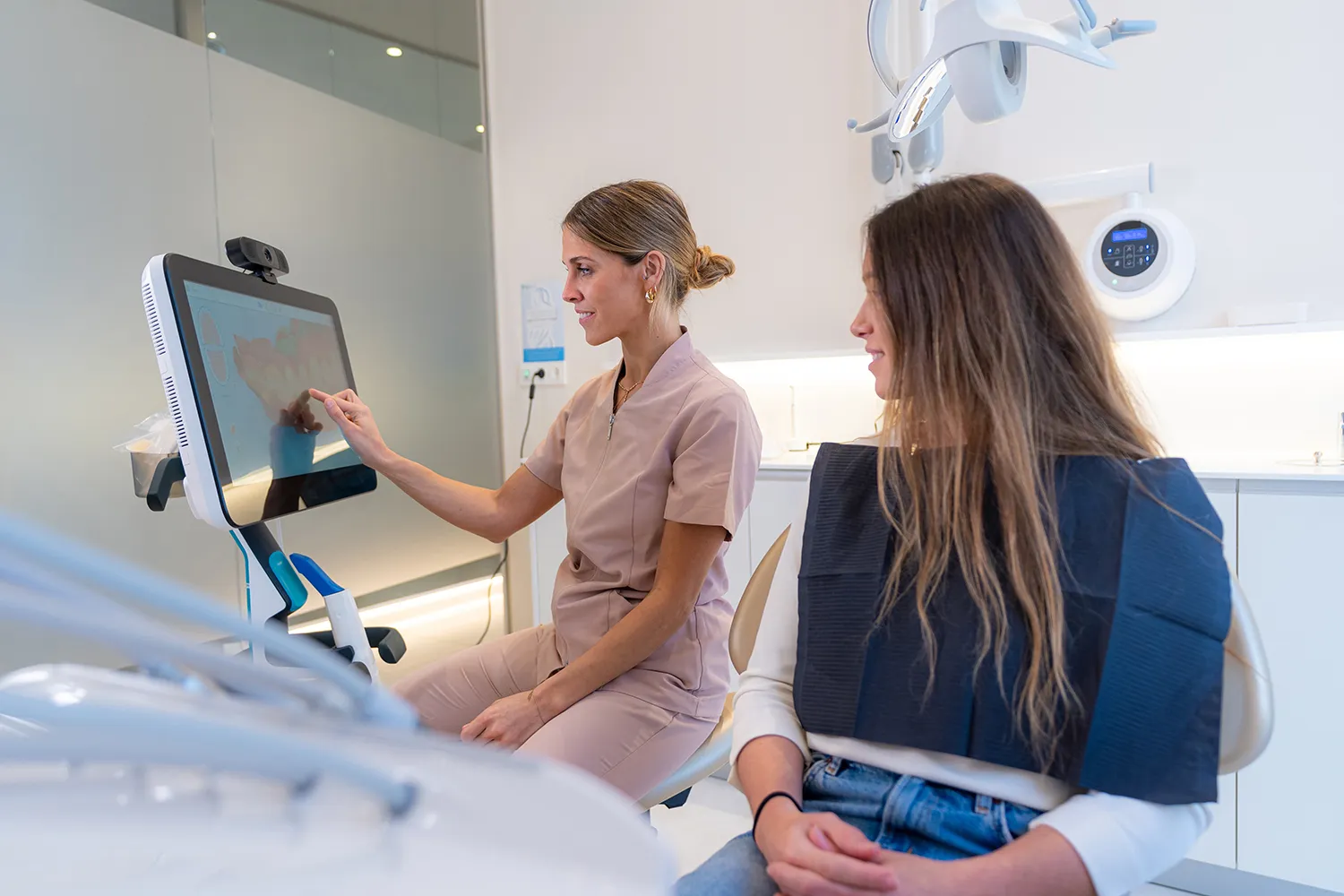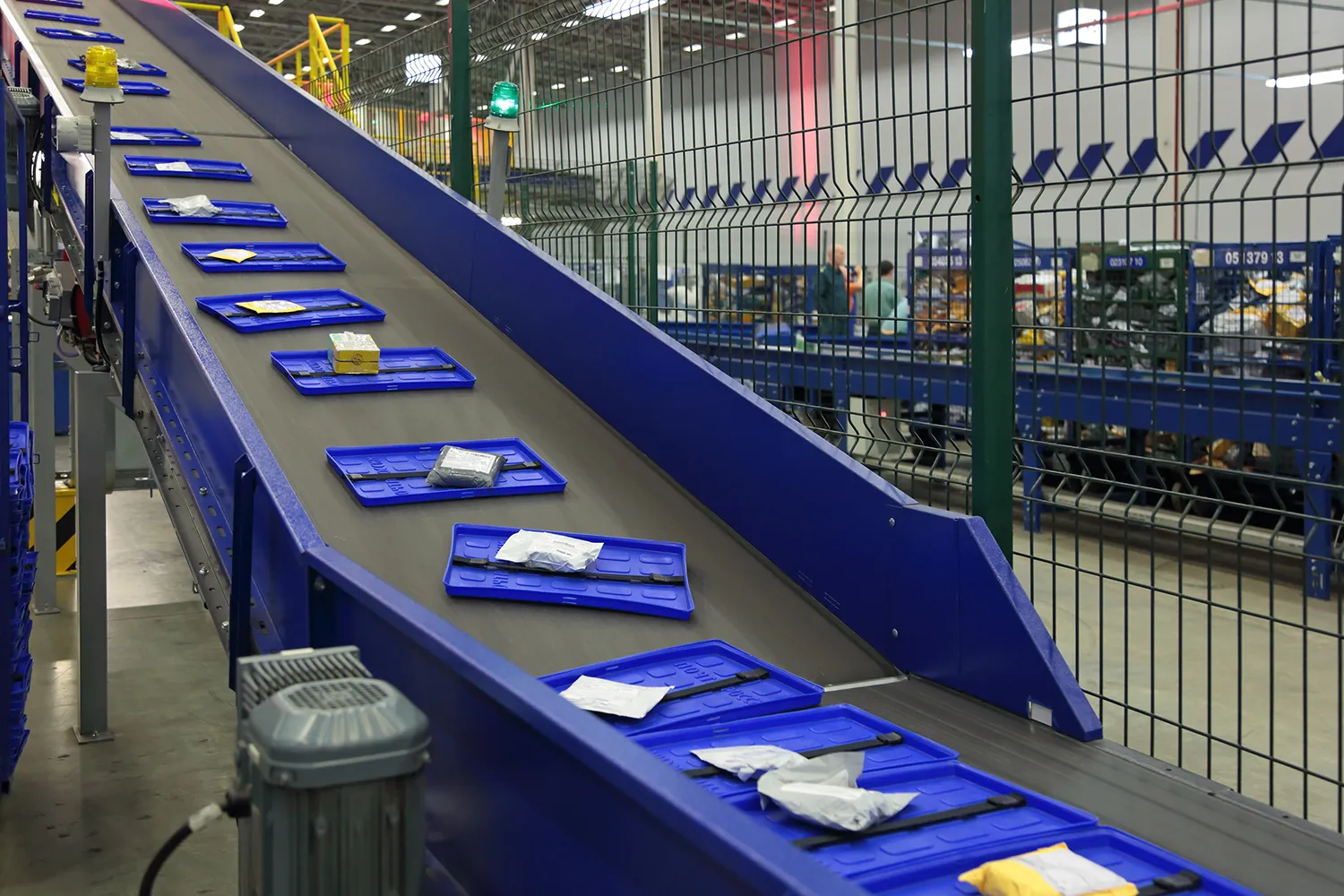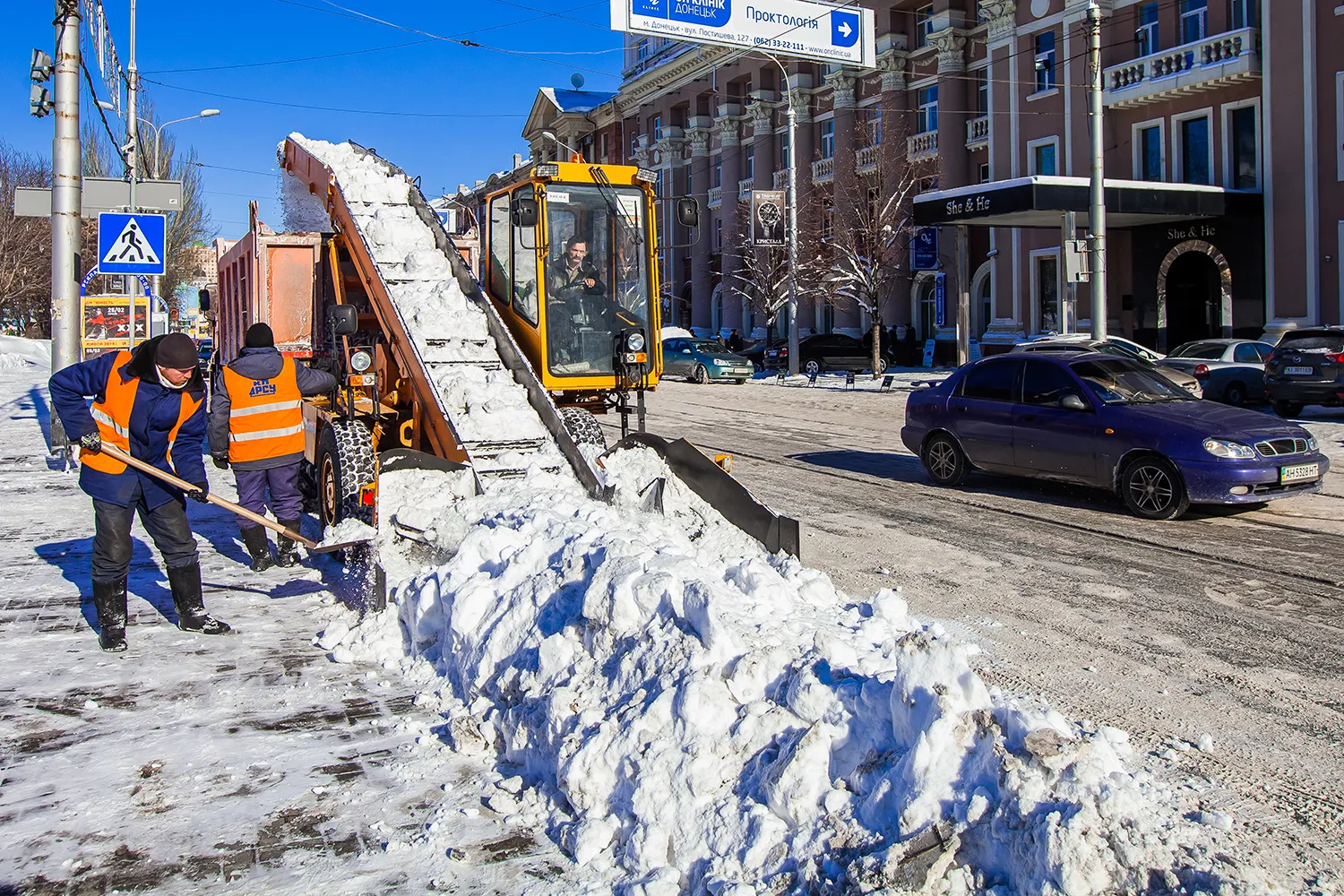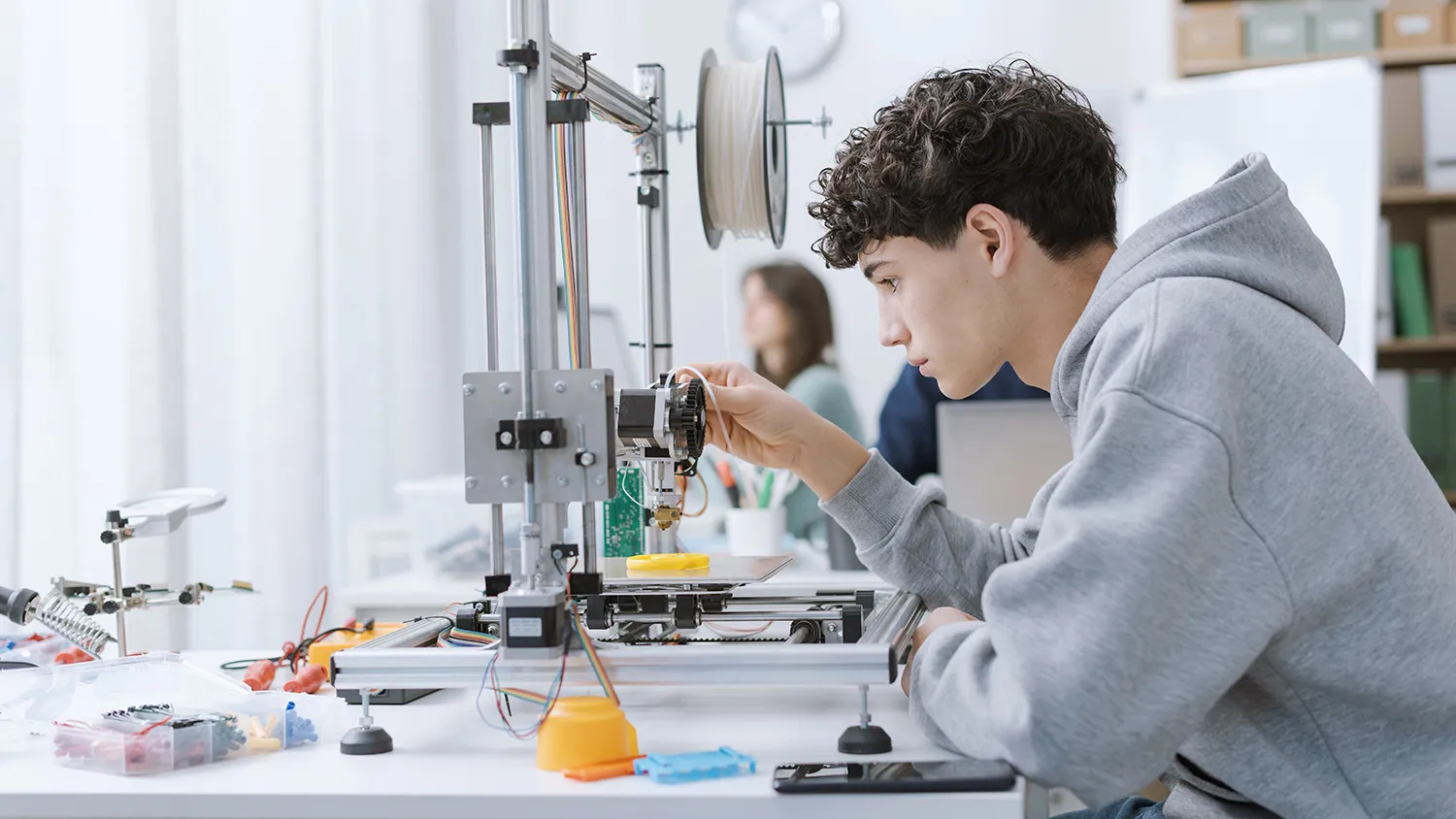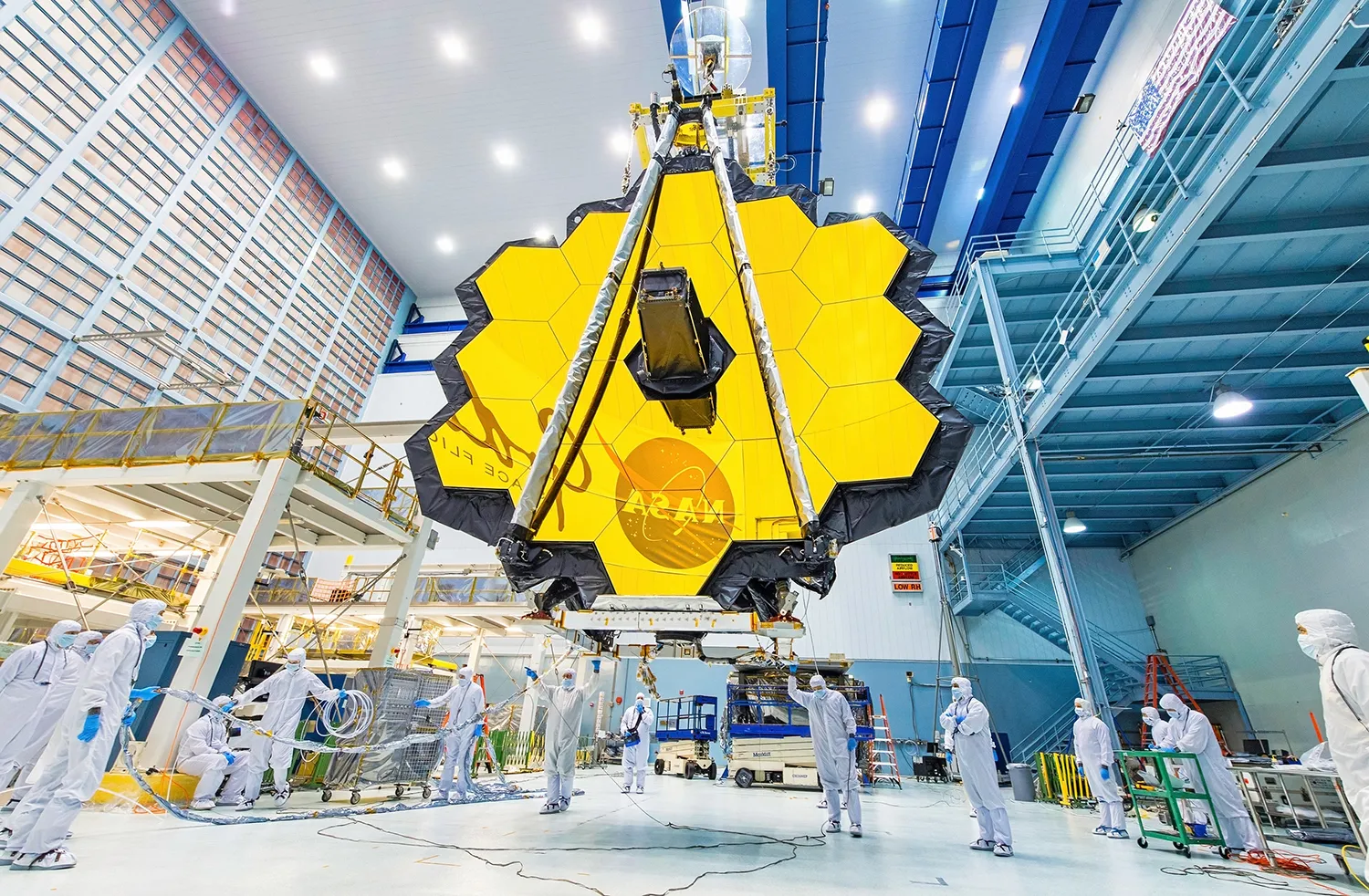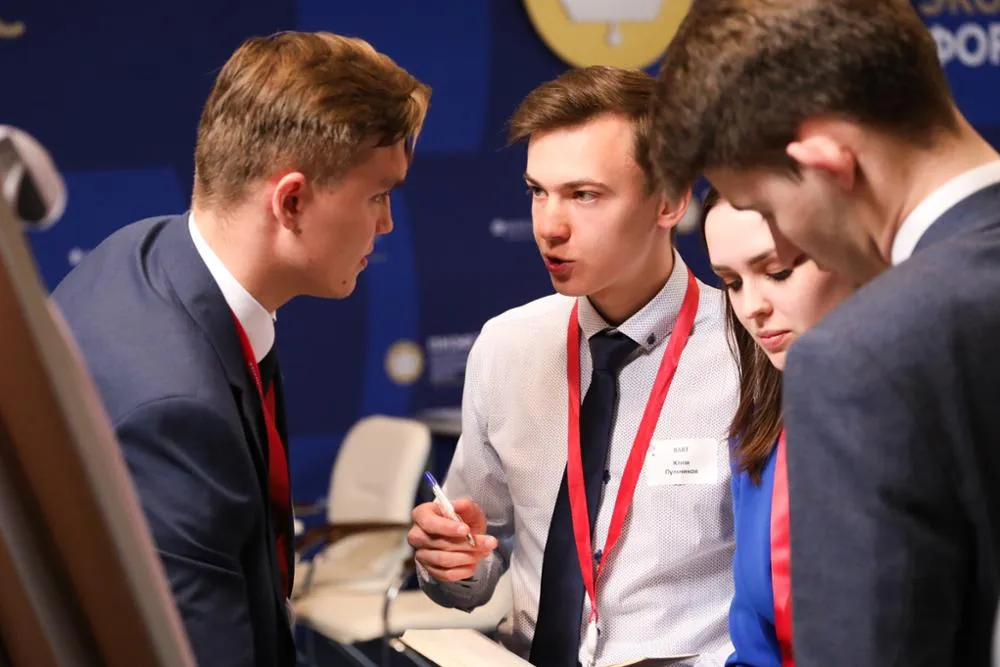Learning Through Play: Russia Invests in Game Development Education
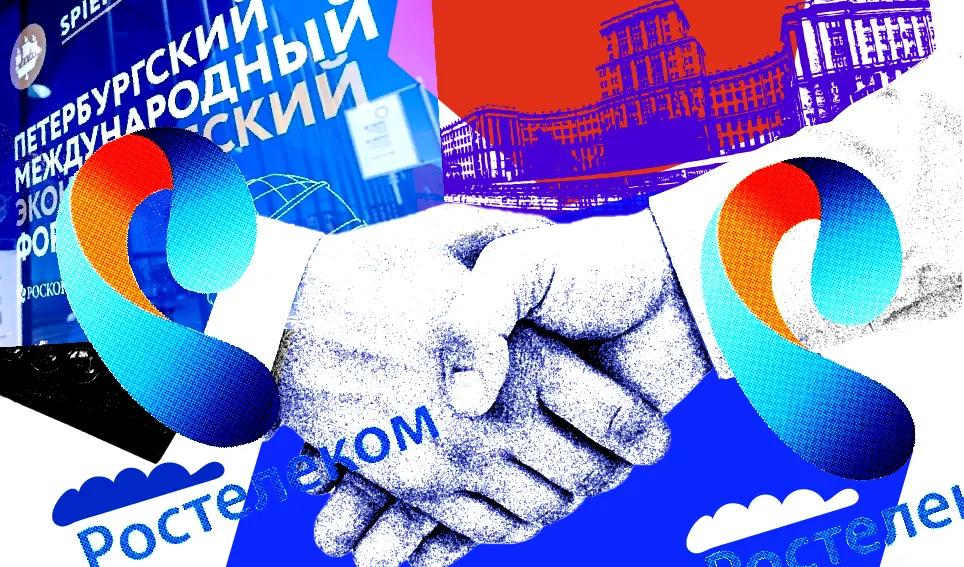
Rostelecom and Bauman Moscow State Technical University are teaming up to transform Russia’s gaming industry — and they’re starting in the classroom.
Where Tech Meets Education
On June 20, 2025, during the St. Petersburg International Economic Forum, Rostelecom and Bauman Moscow State Technical University signed a memorandum of understanding focused on education and game industry development. This partnership marks a strategic effort to bridge Russian higher education and the IT sector, laying the groundwork for a new talent pipeline in game development.
The agreement will give students hands-on access to real-world business challenges faced by game developers, along with interactive tools and services from Russia’s leading telecom provider.
Given the rising interest in digital careers among youth and the booming popularity of the gaming sector, this collaboration may be critical to developing the next generation of industry-ready professionals. Bauman University Rector Mikhail Gordeev explained, “We’re combining our strong IT capabilities with a legacy of engineering excellence. This lets us prepare professionals who can operate at the intersection of programming, design, and systems engineering. What’s especially important is working with partners like Rostelecom. It’s a model where industry brings real demand and the university supplies highly qualified talent.”
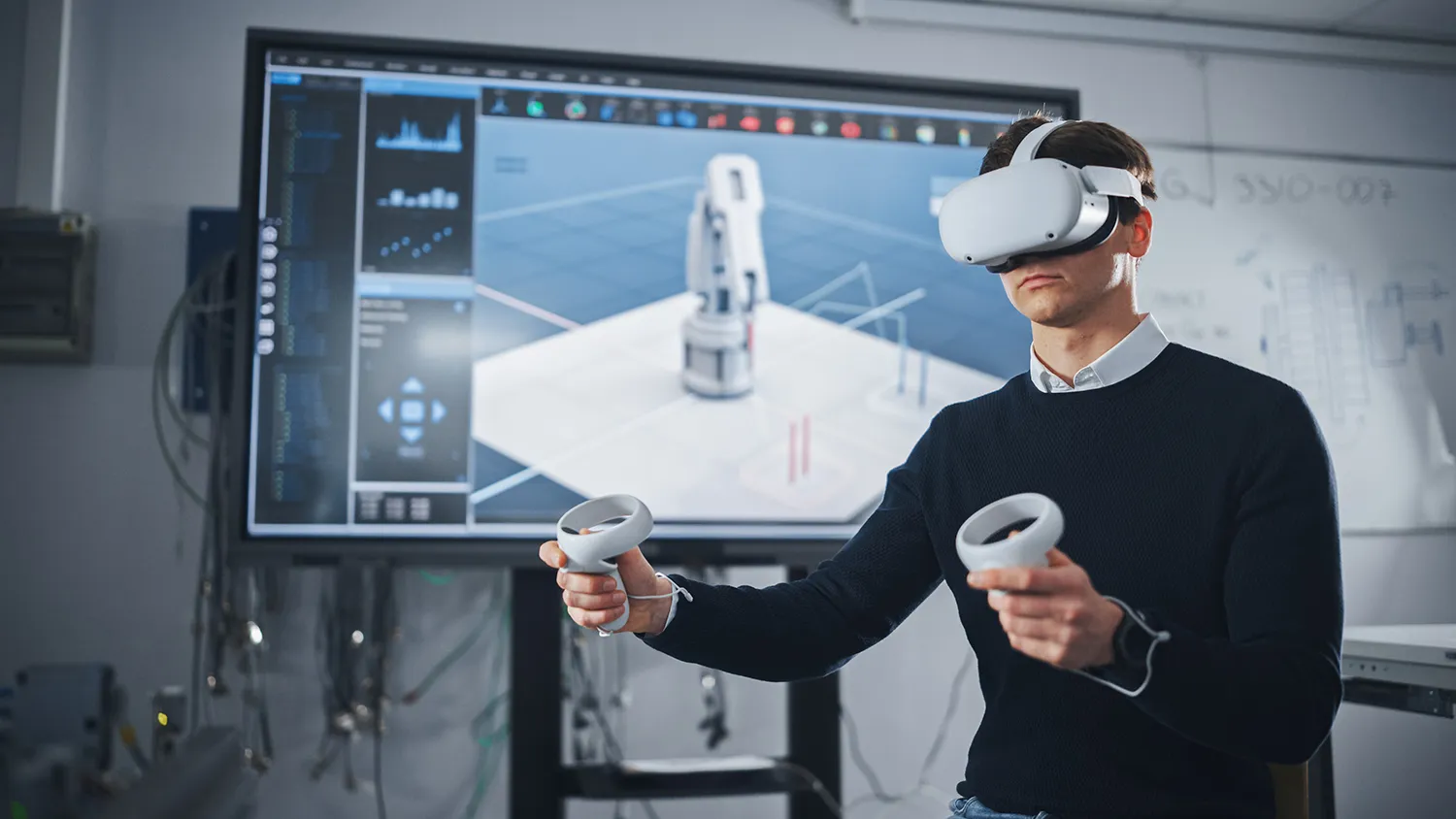
The initiative also promises broader societal benefits by influencing students’ academic pathways and enabling early exposure to the world of game design. In the global context, the agreement is a move toward localized innovation in game tech.
Keeping Talent at Home
In the near term, a series of educational initiatives and pilot projects are expected to launch, laying the foundation for scalable expansion. Key components include commercial courses delivered through Rostelecom Lyceum and in-person classes at Bauman University. This practical, real-world approach aims to equip students with the skills needed to solve pressing challenges in the gaming sector.
The program is expected to boost participation, generate more student-led startups, and reduce the talent drain from Russia’s game development community. While global exports aren’t yet a primary goal, the emphasis is firmly on import substitution and strengthening domestic studios. Still, the experience gained from this collaboration could pave the way for future international outreach.
A Platform for Professional Growth
Rostelecom has a long track record of partnering with Russian universities. In 2022, it launched a domestic software substitution center with RTU MIREA — a move that strengthened local tech independence. By 2023, ITMO University opened a student esports development hub, signaling the importance of gaming as a launchpad for professional careers.
Major tech players like VK and Mail.ru (now MY.GAMES) have also invested in educational initiatives at Bauman University since 2019, highlighting the growing ties between industry and academia.
The latest agreement between Rostelecom and Bauman University builds on this momentum. It enhances Russia’s human capital while developing tech solutions tailored for the national market.

From Tetris to Atomic Heart — and Beyond
The memorandum aligns with Russia’s Digital Economy national project, which runs through 2030 and prioritizes workforce development in digital fields. This initiative deepens the relationship between academic training and the game development industry.
The agreement outlines joint development of educational programs, student internships on real-world projects, and integration of new technologies into the curriculum. Similar efforts are already underway elsewhere in Russia. For example, ITMO partners with JetBrains and Gazprom Neft to train AI and Data Science professionals, while MIREA fosters applied learning via partnerships with digital enterprises.
What’s ahead? Within 12 to 18 months, a pilot course should be in place, along with the first student-built products on Rostelecom’s platform. By year three, curated mentorship programs, student-founded startups, and commercial contracts with major Russian studios may follow. It’s entirely possible that Russia’s next breakout gaming hit is already in the making.

Facts & Figures
According to a June 2024 report from Russia’s Ministry of Digital Development, the number of IT graduates has increased by 18% over the past five years. Nearly 59.4% of graduates already have work experience by the time they finish their studies. Among them, 42.6% are employed upon graduation.


